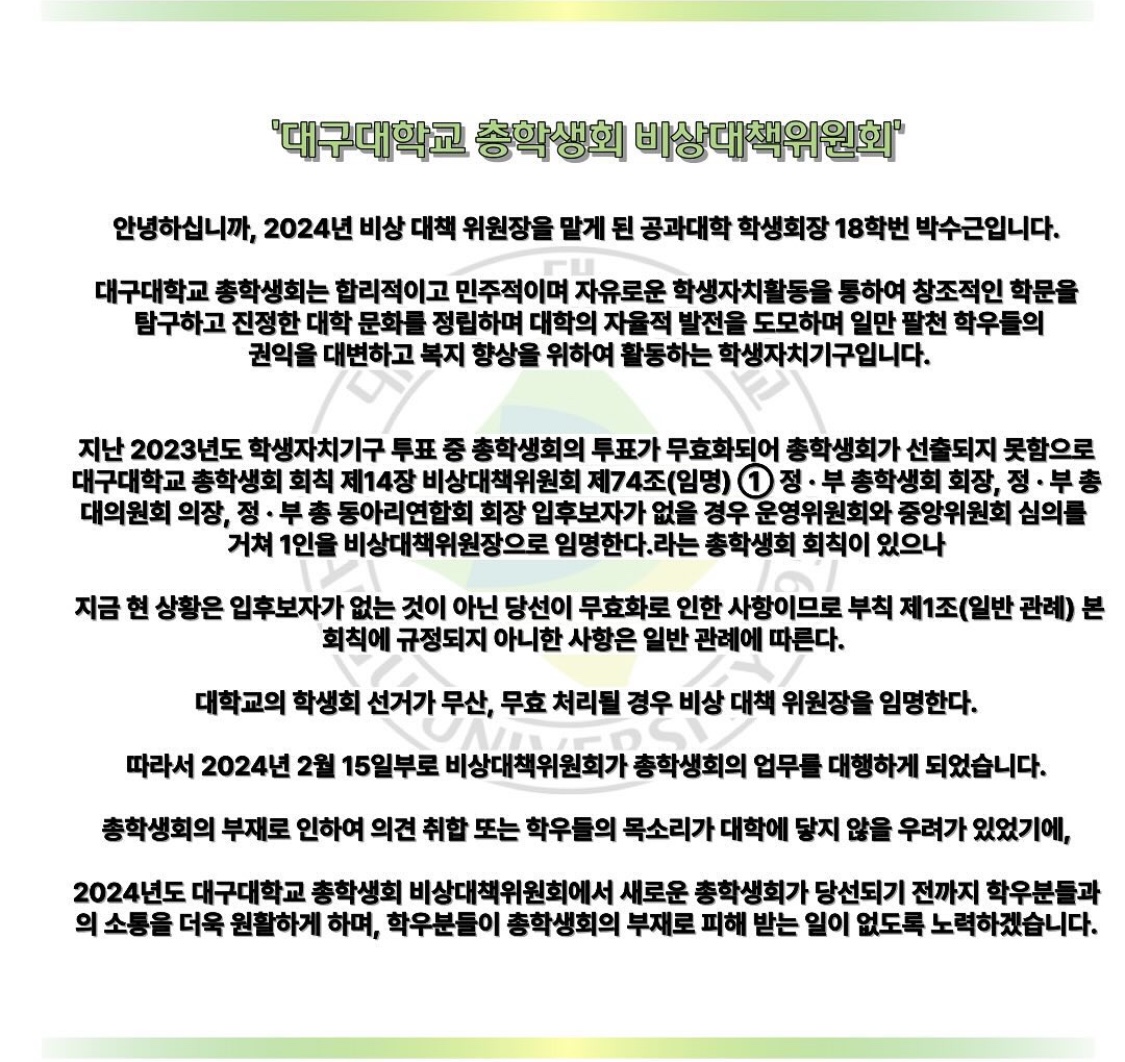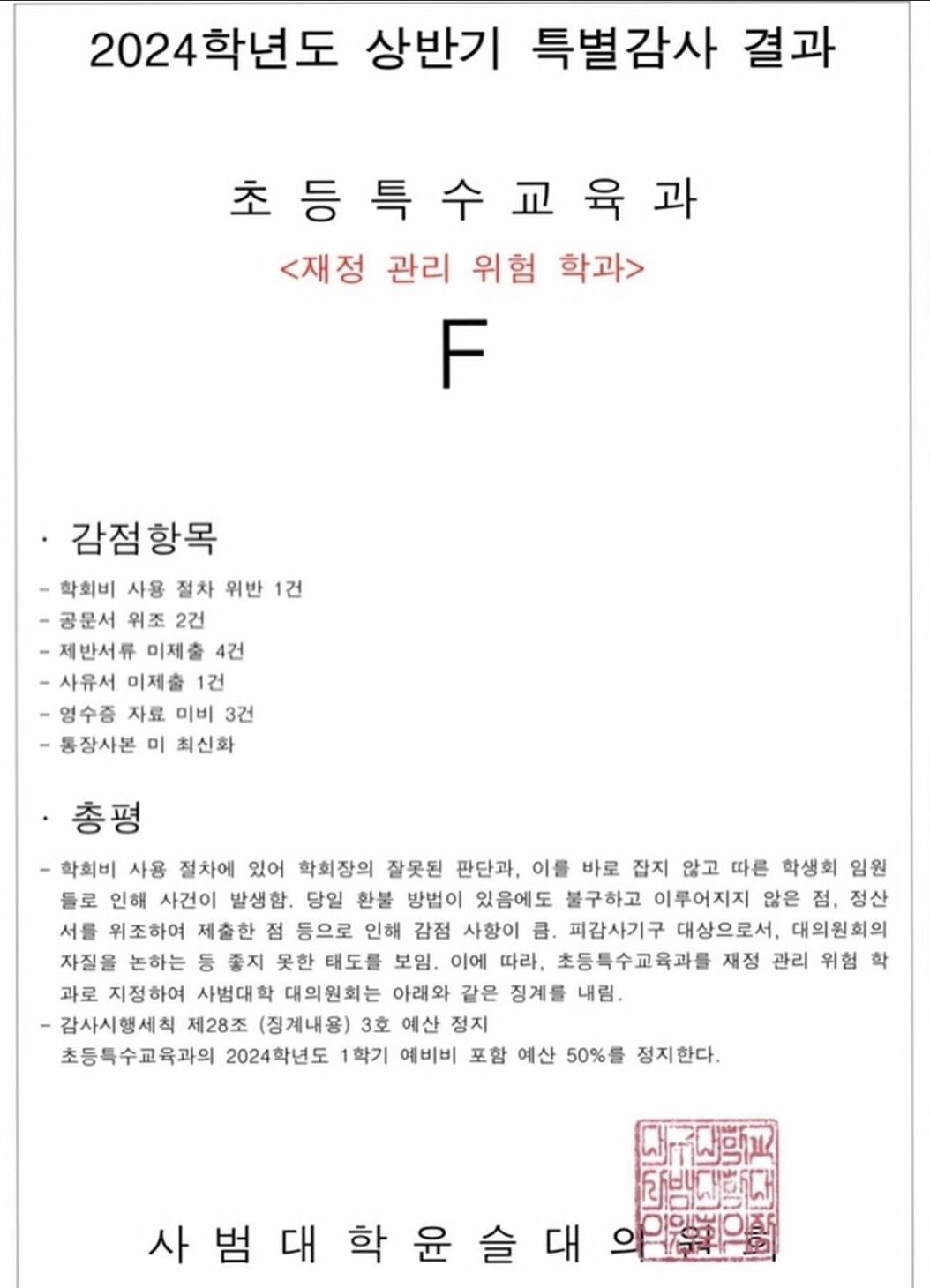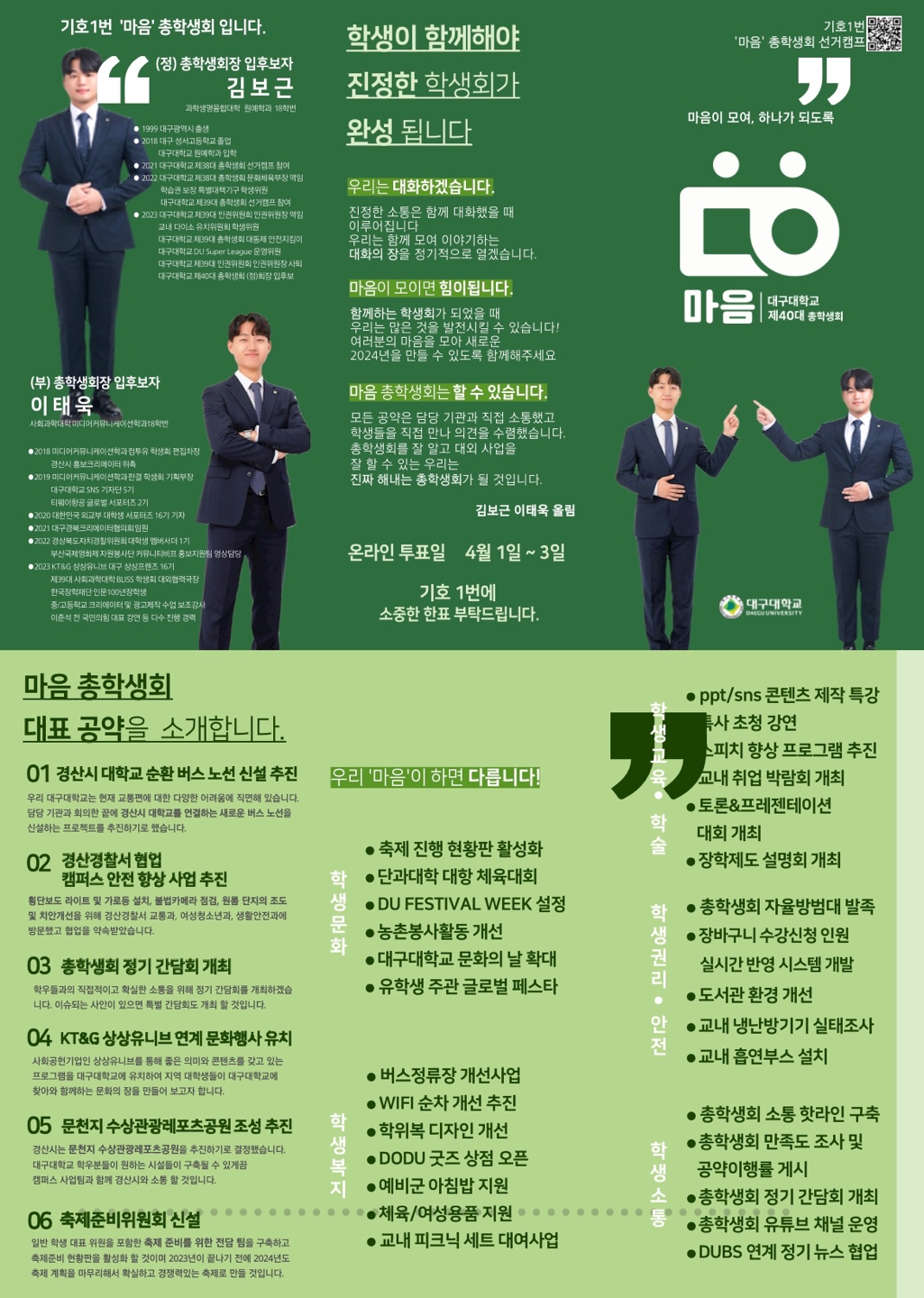Artificial Intelligence, otherwise known as AI, is currently merged into various aspects of our daily lives, supporting us in diverse environments such as healthcare, education, language translation, and social media.
One of the trends on the popular social media platform TikTok during the first half of this year was using AI to create song covers with the voice of a different artist.
Using Generative AI, which is capable of creating a range of data, such as images, videos, audio, text and more, singers' voices are seamlessly blended onto the song's instrumentals. Surprisingly, these cover songs often have a striking resemblance to the actual artist's voice, and the audio quality is also noteworthy.
Nevertheless, criticism has emerged. As the quality of these cover songs continues to rise, it has brought copyright disputes to the forefront. There's a debate over whether it's appropriate to recognize singer copyrights when they have never sung the AI cover song in the first place.
As the era of social media thrives and AI-generated music gains popularity, concerns have arisen regarding artists who have not received validation and compensation for their original works, potentially facing increased neglect.
L.L.F reporter Min-a Lee
이민아 meenaalee@daegu.ac.kr

 작년 총학생회 선거 무효화에 비대위 출범
작년 총학생회 선거 무효화에 비대위 출범

![[4∙10 총선] “TK지역 역대급으로 조용한 선거”](/news/photo/202404/6631_5793_2439.jpg)




